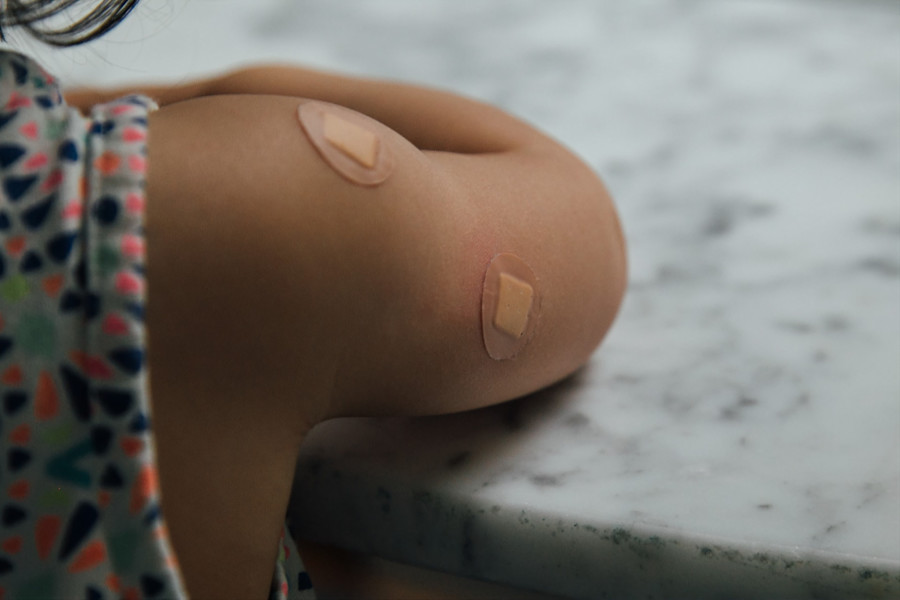The Family Court has on many occasions been required to determine disputes between parents on the issue of vaccinating their children. The coronavirus vaccine, when released, is expected to enliven competing views between parents about immunisation against the disease. Whilst the Court has generally favoured vaccinating children in line with the National Vaccination Program Schedule, any disputes that may arise about the COVID-19 vaccine may be considered through a different lens.
The Family Law Act 1975 (Cth) requires parents to make a genuine attempt to reach a joint decision on major long-term issues affecting their child. This can be problematic where parents have polarising views on childhood immunisation. In those circumstances, it is open to parents to apply to the court for an order allocating parental responsibility for medical or immunisation decisions to one parent alone. This is known as sole parental responsibility.
When making any order in relation to children, including an order for sole parental responsibility or an order that a child be vaccinated, the court must regard the child's best interests as its paramount consideration.
In Kingsford & Kingsford [2012] FamCA 889, a mother sought that her child be homoeopathically immunised. The child's father had previously arranged for the child to have routine medical vaccinations without the mother's knowledge or consent. Whilst the court was critical of the father's behaviour, it was not of the view that homeopathic immunisation was an effective alternative to standard immunisation and ordered the child continue the vaccination program.
In Duke-Randall & Randall [2014] FamCA 126, the children had never been immunised, had previously contracted whooping cough and were excluded from participating in a gymnastics program due to their vaccination status. The court relied on the recommendations of a medical expert and made an order that the children's father immunise the children in accordance with the recommendations of the expert. The court noted that the children would be able to attend gymnasiums, receive vaccinations for travelling overseas, be prevented from risk of disease and be able to resume contact with family members who held concerns regarding their unimmunised status.
In Tolbert & Tolbert (No 2) [2016] FamCA 532, an order was made for a father to have sole parental responsibility for the immunisation of his children in accordance with the national immunisation scheme. This followed a series of delays in the hearing of the matter, with the court ultimately deciding it was in the children's best interests to "place the decision-making about immunisation in the hands of the father, so he can get on with it and get it done".
The court has demonstrated an overwhelming tendency to order that it is in the best interests of children to be immunised. However, the disputes before the court have related to vaccinations on the National Immunisation Program Schedule. It will be open to parents who disagree about whether their children should be vaccinated against COVID-19 to apply to the court for an order granting them sole parental responsibility for that decision or a specific order that the child be vaccinated against COVID-19.
When confronted with such an application, the court will be required to balance several factors when determining whether the COVID-19 immunisation is in the best interests of a child. These include medical opinions and research in relation to the immune response of children to the disease and the long-term effects of immunising children against COVID-19, the government's position on the vaccine, and the family's individual circumstances, for example the immune health of the parents, children and their carers, particularly if the child spends regular time with grandparents.
These are novel issues for the court and the Family & Relationship Law team at Lander & Rogers will stay across all case updates and court directions in this emerging space.
All information on this site is of a general nature only and is not intended to be relied upon as, nor to be a substitute for, specific legal professional advice. No responsibility for the loss occasioned to any person acting on or refraining from action as a result of any material published can be accepted.
 Client portal
Client portal











